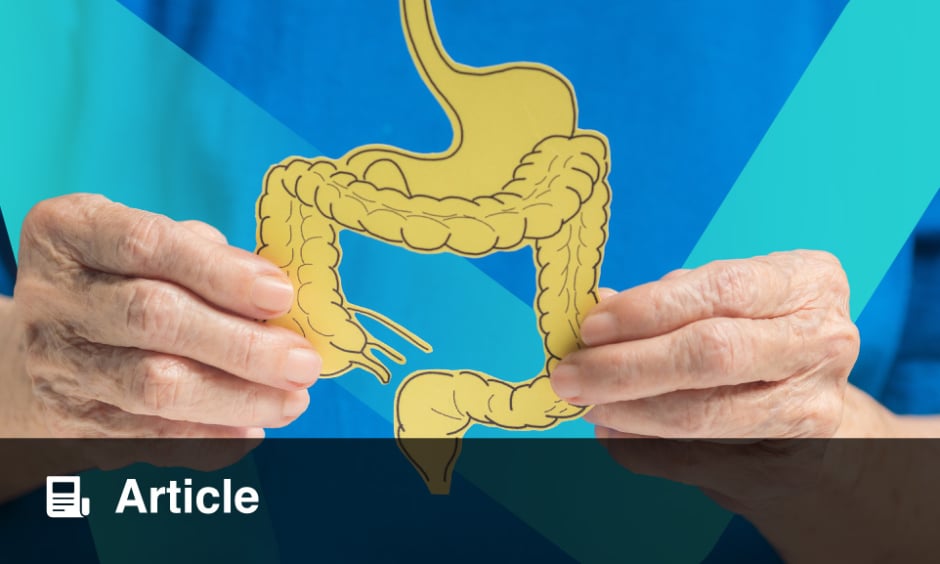A NEWLY developed mobile app is helping healthcare professionals improve adherence to colorectal cancer (CRC) screening and post-polypectomy surveillance guidelines.
The app, created by a multidisciplinary team of experts in Catalonia, Spain, integrates updated clinical guidelines into an easy-to-use algorithm to assist clinicians in making more accurate decisions about when to screen or follow up with colonoscopies. Between February 2023 and May 2024, the app logged over 12,000 consultations, with a strong 72% retention rate among healthcare professionals, indicating regular and ongoing use.
Of the consultations recorded, nearly a quarter were related to initial CRC screening, while the remaining three-quarters focused on post-polypectomy surveillance. The app helped categorize over two-thirds of patients in the screening group as average risk, directing them toward non-invasive faecal occult blood testing (FOBT) rather than immediate colonoscopy. For those undergoing surveillance, the app recommended deferring colonoscopy in 50% of cases, again opting for FOBT when appropriate.
“This technology isn’t just improving efficiency; it’s also ensuring patients aren’t subjected to unnecessary procedures while still identifying those who truly need close follow-up,” said María Pellisé, one of the study authors.
The findings underscore how digital tools can streamline decision-making, ensure guideline adherence, and potentially alleviate pressure on overburdened endoscopy services. Notably, 7.9% of patients were appropriately flagged for intensive surveillance, highlighting the app’s ability to balance caution with precision.
As colorectal cancer remains a leading cause of cancer-related deaths globally, innovations that support early detection and smarter use of healthcare resources are vital. The researchers note that widespread adoption of such tools could significantly improve outcomes and reduce costs.
Reference
Casas MA et al. A mobile app to improve adherence to colorectal cancer screening and post polypectomy surveillance guidelines. BMC Gastroenterol. 2025;DOI: 10.1186/s12876-025-03796-0.








